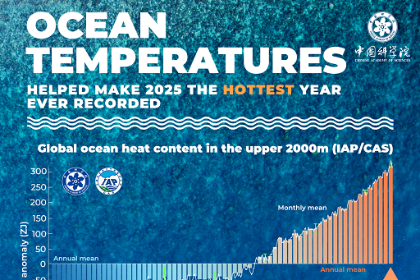Pence seeks GOP nomination, a challenge for Trump

Former US vice-president Mike Pence — the once-loyal deputy to Donald Trump who ended his bid to cling to the presidency — joined the race for the Republican presidential nomination on Wednesday, forcing him to navigate competition — and confrontation — with his former boss.
Pence on Monday filed the paperwork for his bid for the 2024 Republican presidential nomination, and formally announced his candidacy in Des Moines, Iowa, which holds the first caucus on the Republican primary calendar.
Republicans are aiming to hold their Iowa caucuses in mid-January, but that remains unsettled. Pence's kickoff event was on the same day as his 64th birthday.
Republicans face a crowded field, with the candidate list growing to more than half a dozen this week. Former New Jersey governor Chris Christie, who also ran in 2016 and has become one of Trump's chief Republican critics, joined the race on Tuesday evening at a town hall event in New Hampshire. North Dakota Governor Doug Burgum also announced on Wednesday in Fargo.
Iowa has played a winnowing role in nominations fights for both Republicans and Democrats, helping some candidates while killing the hopes of the rest. It will be the first testing ground for how Pence and others seeking the GOP presidential nomination will try to distance themselves from Trump, the party's most popular figure, while trying to win the backing of his supporters without alienating them, and even those Republicans open to someone else but who still like Trump.
Trump still has a firm grip on conservative voters, and Florida Governor Ron DeSantis — who announced his candidacy last month — is seen as the only real threat to Trump.
Pence served as a member of the House of Representatives between 2001 and 2013, and as Indiana's governor between 2013 and 2017 and was Trump's running mate in 2016.
So far, Pence has polled in the single digit in every public survey taken. In a hypothetical matchup, a May 25-30 YouGov/Yahoo News poll found DeSantis would lose to Trump by approximately 24 points in a one-on-one primary, while Pence would lose to Trump by nearly 60 percentage points.
Every candidate for the GOP nomination has one target: Trump. But Pence perhaps faces the biggest challenge. He needs to redefine himself to Republican voters and emerge from being in Trump's shadow for four years, and from being an exceedingly loyal vice-president.
"This campaign is going to reintroduce Mike Pence to the country as his own man, not as vice-president, but as a true economic, social, and national security conservative — a Reagan conservative," Scott Reed, a co-chair for Pence's Committed to America Super PAC, said in May.
Though Pence has consistently praised the record of the Trump-Pence administration, he has also stressed differences between the two men, on policy and style.
Pence has unequivocally backed US support for Ukraine and said that Congress and the White House should consider cuts to Medicare and Social Security, positions at odds with those articulated by Trump and DeSantis.
Agencies contributed to this story.

Today's Top News
- Xi's message on China-Africa exchanges draws warm responses
- China's CPI up 0.8% in Dec
- Report slams Tokyo's nuclear weapon aims
- Nation's crime rate touched record low last year
- Nation's space program records stellar year of firsts
- Top Party leadership hears series of annual work reports






























